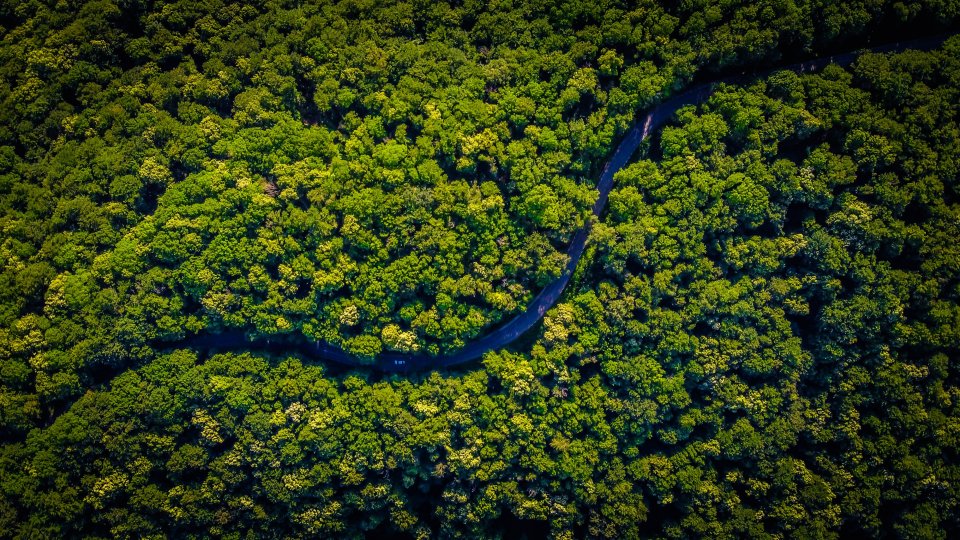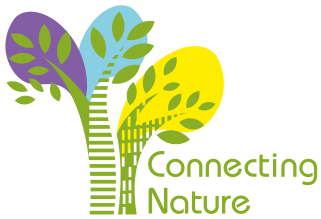
Despite having one of the largest economies in the world, there are still deep inequalities in access to water and sanitation among Brazil’s geographical regions, rural and urban communities and households. Currently there are more than 1.2 million people without access to safe water and 20 million without access to improved sanitation. For those who do have access to safe water, the water supply downtime, disruption in service and deficiencies in drinking water systems remain challenging.
Lack of access to improved water and sanitation disrupts the socioeconomic development of the country and has significant implications on health. Brazil ranks higher than average, globally, on infant death mortality and hospitalizations of adults and children. These rankings are linked, at least in part, to a severe lack of access to improved water and sanitation services.
In 2010, WWF-Brazil, Banco do Brasil, the National Water Agency, and Fundação Banco do Brasil joined forces for the Água Brasil Programme. The aim of the project was to increase forest restoration around the watersheds, foster the development and dissemination of sustainable rural production practices and techniques, encourage responsible consumption and solid waste recycling in cities, and enhance the Banco do Brasil’s portfolio of financial products and practices with a socio-environmental focus.
The Programme was present between 2010-2019 in five regions of the country, with projects in seven watersheds and in five Brazilian cities. Over 100 individual forest restoration projects have been completed as part of a programme across water basins in the Amazon, Cerrado/ Pantanal, Atlantic Forest and Caatinga. Additionally, the programme developed a campaign that conducted a social and environmental assessment of the bank’s suppliers for 10 sectors of the economy and 10 commodities.
Specifically, over 100 individual forest restoration projects have been completed as part of the Brazil water programme across a range of water basins in the Amazon, Cerrado/ Pantanal, Atlantic Forest, and Caatinga. Additionally, the programme developed a campaign that conducted a social and environmental assessment of the bank’s suppliers for 10 sectors of the economy and 10 commodities.
Environmental
- 194.75 hectares of forests were restored.
- 15% more water production in the four local water basins generated.
Social
- 2.4 million people in the cities benefitted from the increase in water quantity and quality.
- 207 Payments for Environmental Services (PSA) contracts signed a mechanism that encourages environmental conservation.
- 230 domestic cisterns for rainwater storage were installed
- The creation of 4 cooperatives and 18 Community Supported Agriculture (CSA) projects were supported.
Economic
- R$ 13 million was invested by the Água Brasil Program and another R$ 19.6 million was invested by 88 local partners
- Developing climate change adaptation; improving risk management and resilience
- Reduce drought risk
- Restoring ecosystems and their functions
- Increase Biodiversity
- Increased cultural richness and biodiversity
- Improve water quality
Financing for the programme was through Banco do Brasil, WWF-Brazil, the National Water Agency, and Fundação Banco do Brasil with a budget range of €250,000-€500,000 for the year 2018.
Further information
- 3. Good Health and Well-being
- 6. Clean Water and Sanitation
- 10. Reducing Inequality
- 15. Life On Land
